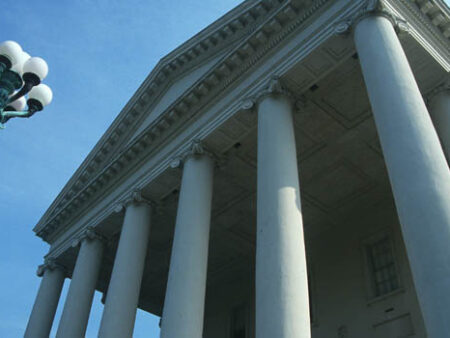After the start of the legislative season early in January, lawmakers in the state are trying to push the legalization of sports betting, as well as casino gambling. Different proposals seek to legalize the activities, predicting that betting and gambling will deliver economic stimulus and at the same time reduce the share of the black
Texas Lawmaker Disagrees with Betting and Gambling Proposals
After the start of the legislative season early in January, lawmakers in the state are trying to push the legalization of sports betting, as well as casino gambling. Different proposals seek to legalize the activities, predicting that betting and gambling will deliver economic stimulus and at the same time reduce the share of the black market. Even if lawmakers approve bills throughout the session, the proposals would need to pass a vote by Texans in November.
But while supporters claim that legalization will bring benefits, opponents of gambling legalization disagree. Carl Tepper, Republican State Representative, recently interviewed by KCBD, rejected proposals for gambling legalization in Texas. Instead of calling for the liberalization of the market, he showed support for tough regulations and laws against the gambling sector.
Tepper called for changes in the legal text when it comes to game rooms, saying that the definition of those locations needs to be changed to “illegal gambling casinos.” By introducing such changes to the text, loopholes will be shut, allowing such illegal operations to be shut down, he added.
A Fresh Gambling Tax Revenue Stream Is Not Needed
According to PlayTexas’ managing editor, Tyler Andrews, Texans are just as excited about sports betting as bettors from other states. In fact, he explained, that sports betting and gambling are already happening in the state, but for the moment, operate illegally.
On the other hand, Andrews added, some Texans are visiting nearby states to gamble. This, according to him, deprives Texas of invaluable tax revenue and leaves millions in the hands of out-of-state, illegal or offshore organizations. Last but not least, he explained that although gambling tax streams may bring small revenue, it is still “reliable and they might be good to have on a rainy day.”
“If gambling were pennies from heaven, then New Mexico and New Jersey wouldn’t be bankrupt.“
Carl Tepper, Republican State Representative in Texas
However, Tepper argued that states that offer gambling such as New Jersey and New Mexico reveal that gambling tax isn’t a solution that will fix everything. Additionally, he explained that currently, Texas has a surplus surpassing $30 billion and this was achieved without tax revenue from casinos or sportsbooks. Finally, Tepper added that the legalization of gambling would create unnecessary bureaucracies in the state.














